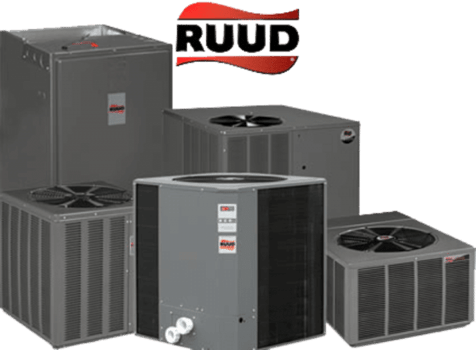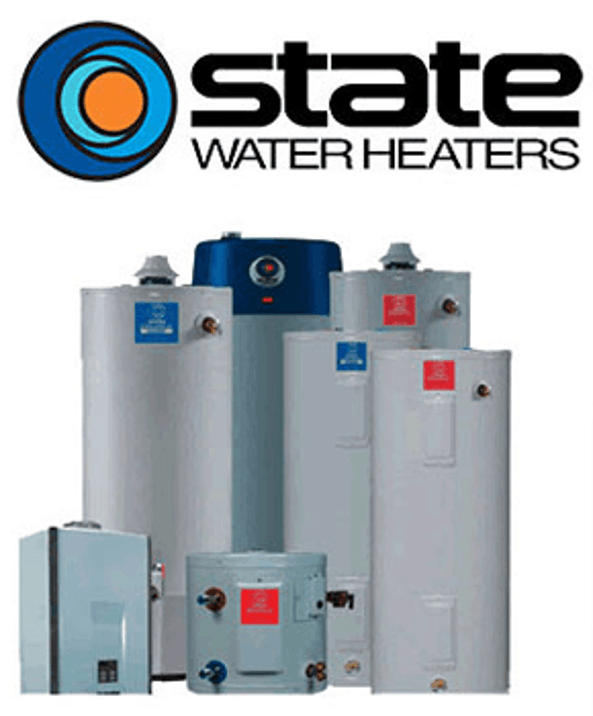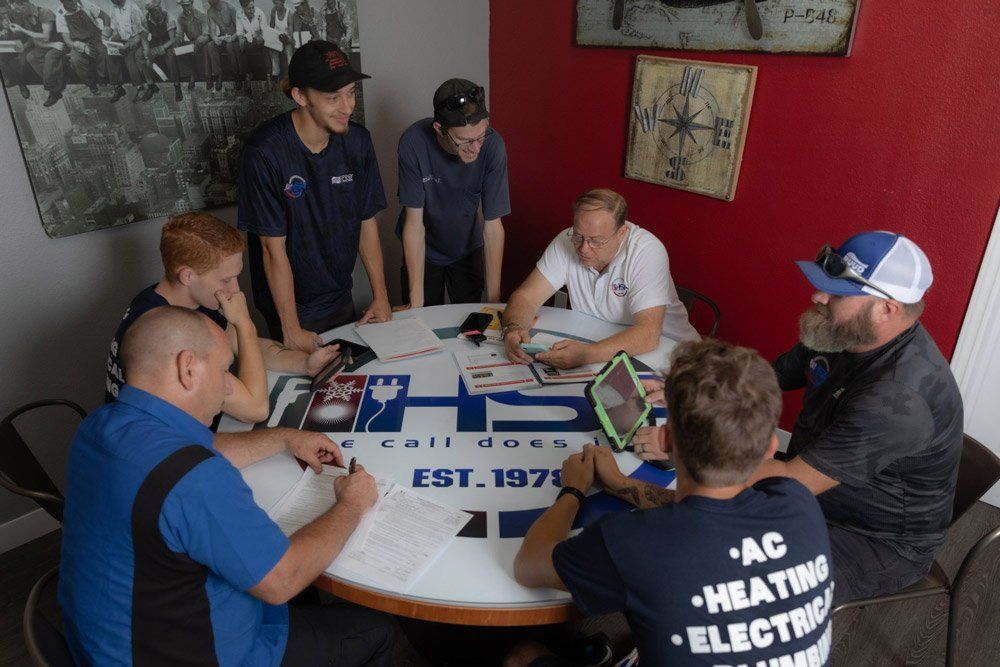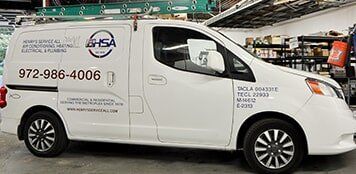Are HVAC Inefficiencies Costing You Money?

You've worked hard to create a comfortable and inviting home for your family. A clean, efficient air conditioning system is a core part of creating that environment, especially during sweltering Texas summers. Even if your air conditioner is keeping you cool and comfortable, it can still be frustrating to know that you're wasting money on inefficiencies.
Unfortunately, homeowners often pay more for their utility bills than they need to without even realizing it. A variety of maintenance or repair issues can lead to your air conditioner working harder than it needs to, ultimately sapping money from your wallet. Below you will find four common inefficiencies that might drive your energy costs through the roof.
1. Inefficient Ductwork
If your home uses a traditional ducted system, then your ducts are one of the largest potential sources of inefficiencies. As air passes through your ductwork, leaks may allow conditioned air to escape into unconditioned sections of your home. Air that escapes into your attic or crawlspace wastes that energy that could instead cool the occupied portions of your home.
In addition to leaks, you may lose energy because of poor installation. Installers sometimes attempt to route flexible ductwork around sharp bends, which can result in an overall reduction in airflow. Reduced airflow forces your blower to work harder, wasting energy and putting more strain on wear components. Over time, this can even result in unnecessary repairs.
2. Old Air Filters
Are you sick of HVAC technicians telling you to change your air filter? It's standard advice and for a good reason. Just like bends and kinks in your flexible ductwork, a dirty air filter can impede the flow of air through your system. Depending on the location of your system's air filter, it can even cause your evaporator to freeze over by restricting airflow away from it.
While there is no shortage of filter replacement advice, the best thing you can do is to check it regularly. If your filter seems dirty, you should consider changing it. Otherwise, you can extend or shorten your replacement intervals based on its condition. Under typical circumstances, you can expect to get around three months use of a filter.
3. HVAC Envelope Problems
The walls, insulation, windows, and doors in your home work together to create an envelope that keeps cold air in and warm air out. While these elements make up your first line of defense against losses, they can also be a significant source of inefficiencies. Insufficient insulation or drafty doors or windows can all provide an avenue for conditioned air to escape into the outside world.
Unfortunately, these problems may continue to cost you money, no matter how often you change your filter or check your ducts. If you are concerned that your home may be leaking cooled air, then a home energy audit may be the best option. This service will help you to track down and address HVAC envelope problems.
4. Old, Inefficient Equipment
Dealing with the above issues won't do much to help if your AC equipment is the ultimate source of the problem. Outdated condenser units may have SEER ratings as low as 9 or 10, while some states now dictate SEER 14as the minimum acceptable efficiency rating. The overall efficiency of your system may degrade as it ages, as well.
Upgrading your condenser unit can be expensive, but it is also a worthwhile improvement for older equipment. For example, upgrading a 3-ton 9 SEER unit to an equivalent 20 SEER unit can potentially cut your annual AC costs by a significant amount. These savings can easily offset the cost of the unit over its lifespan.
Whatever your efficiency problems are, Henry's Service All can give you a helping hand. We'll work with you to provide a customized plan of action to get your HVAC system running efficiently again. Give us a call to schedule an appointment today!










